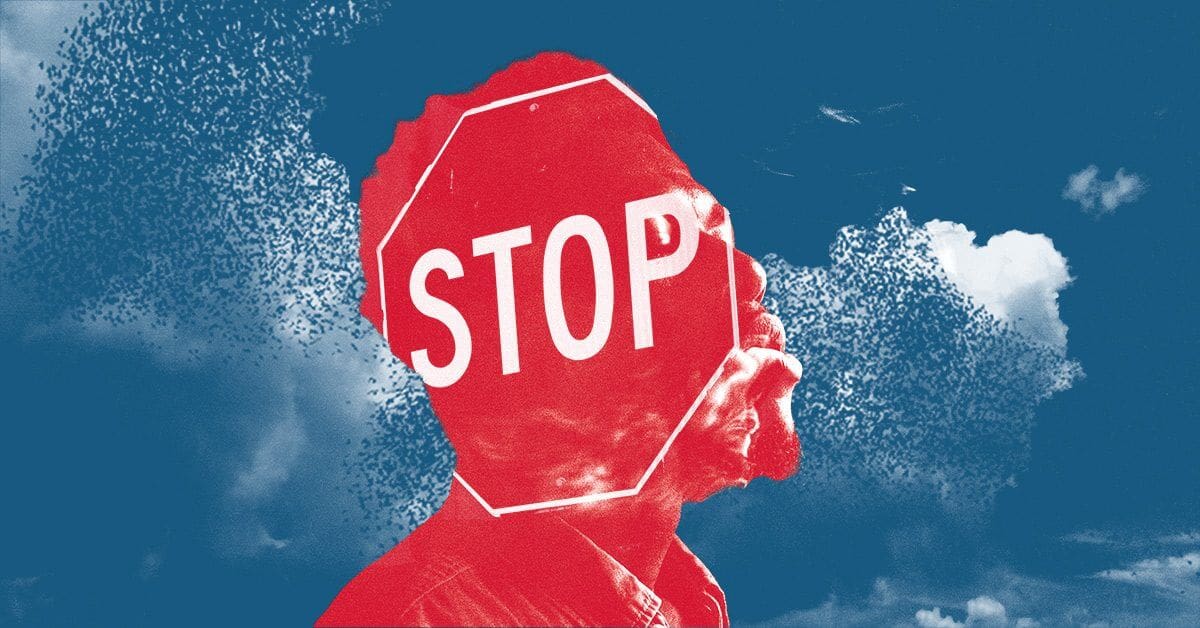How Does It Feel To Quit Smoking?
You asked, we answered. Here are some details about quitting tobacco.

Should I Quit Smoking?
Quitting smoking is one of the best decisions you can make for your health. It lowers your risk of diabetes, normalizes your heart rate and improves the function of your lungs, heart and blood vessels. You will also protect your family from secondhand smoke, which can have similar negative health effects.
Beyond health, quitting tobacco also saves you money. On average, a pack of cigarettes costs more than $8 in Oklahoma. Just one year of being smokefree means more funds for vacations, bills and more. Living smokefree also means no more smoke breaks — so you’ll never miss another homerun, conversation or movie scene because you were smoking.
The benefits are more than worth it.

What’s the Best Way To Quit Smoking?
There’s no one-size-fits-all approach for quitting, but let’s review some options so you can find the quit resources that work for you and your lifestyle.
Fortunately, the Helpline offers several FREE resources, including:
- A free supply of patches, gum or lozenges to help you safely quit nicotine
- Online resources such as a personalized dashboard
- Encouraging texts, calls and more from a Helpline Coach
Everyone has different needs, so be sure to explore all of your options. Then, sign up to get started!

How Long Will It Take To Quit Smoking?
The time it takes to quit tobacco will depend on your body and your quit journey. Nicotine withdrawals typically peak one to three days after quitting, so be prepared. If you can, plan for these days to fall on low-stress days or a weekend — and keep a friend, family member or Coach on hand for encouragement!

How Does It Feel To Quit Smoking?
It’s completely normal to feel anxiety and discomfort about the journey ahead. Quitting isn’t easy, but it is rewarding.
Here’s a brief timeline of what you may experience within your first year of quitting:
- Just twenty minutes after quitting, your heart rate will decrease.
- One day after quitting, the carbon monoxide levels in your blood will drop to normal.
- Within 3 months of quitting, you’ll be able to breathe better and deeper.
- Within 9 months of quitting, you’ll experience less coughing, wheezing and shortness of breath.
- One year after quitting, your risk of heart disease will be cut in half.
Here are some other things you’ll experience — plus, how to get through them!
- Cravings: Work through them by getting active or playing short games.
- Insomnia: Get active during the day and turn off electronics one hour before bed to ensure deeper sleep.
- Frustration: Remember your “why,” and stay strong!
- Increased Appetite: Keep healthy snacks and water on hand.
In every tough or trying moment you experience on your journey to quit, the Helpline is here with support. All you have to do is sign up.

